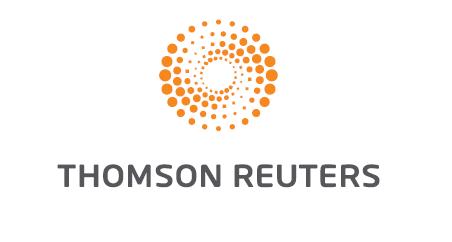Application Deadline: October 1st 2019
The global trade in human beings is bigger today than at any time in history. Estimates of the numbers of people caught in modern slavery vary from 21 million to 36 million in an industry worth more than $150 billion in illegal profits a year. The world’s refugee crisis now involves 68 million people displaced from their homes, a record high. It’s one of the biggest stories of our time. Yet a lot of reporting on trafficking and forced labour is mired in cliché, myth and misconception. It often lacks nuanced understanding of the causes of the scourge and the tools to fight it.
Thomson Reuters Foundation’s one-week Reporting on Human Trafficking and Modern-Day Slavery in Nigeria is a unique chance for journalists in West Africa to gain practical skills and knowledge and work on your story ideas with guidance from experienced Thomson Reuters Foundation journalists and subject experts from reputed anti-trafficking charities.
The workshop offers a combination of specialist expertise and hands-on training, with an emphasis on producing high-impact stories for widespread dissemination.
As well as coming away with a deep understanding of the scale, nature and causes of the problem, participants will learn about efforts to set global standards for combating modern slavery, including fundamental conventions, international instruments and a new, legally binding protocol that requires countries to take real action.
This is an opportunity to pick the brains of reporters who have done extraordinary investigative work or ground-breaking reportage that has changed policy, provoked public outcry or brought traffickers to justice. Attendees will also spend time with experts and those at the coal face of the anti-slavery movement and migration crisis, including some who have been trafficked themselves and gone on to help others move from “victims” to “survivors”.
ELIGIBILITY
Applicants must be Indian full-time journalists or regular contributors to media organisations in West Africa. Applicants must be able to demonstrate a commitment to a career in journalism in their country, must be a senior journalist with a minimum of three years’ professional experience and have a good level in spoken and written English.If you have been on a Thomson Reuters Foundation training programme within the last two years you will not be eligible to apply.
FUNDING
Thomson Reuters Foundation can fund travel expenses
and accommodation for participants travelling from outside Lagos. This
arrangement is subject to variation. If you have any questions please
email: [email protected]
SUBMISSIONS
When applying you will be asked to upload the following documents – please have these ready:
- 2 relevant work samples (maximum file size 5 MB) – in English if possible. For stories not in English, please include a 250-word English summary about the story.
- A letter from your editor consenting to your participation in the programme and committing to publish/broadcast resulting stories
Please note you will be asked to submit one or more story ideas within your application. We will not share your ideas with anyone.
If you have any difficulties applying, please email [email protected].
For More Information:

